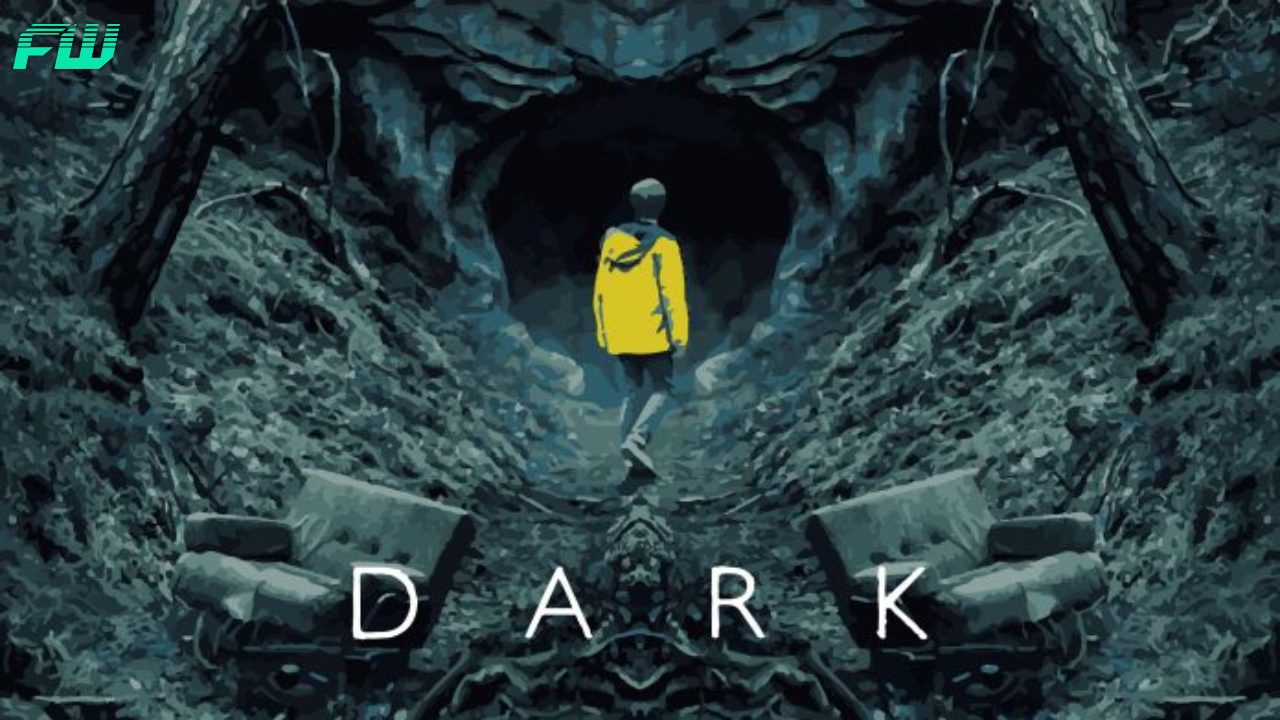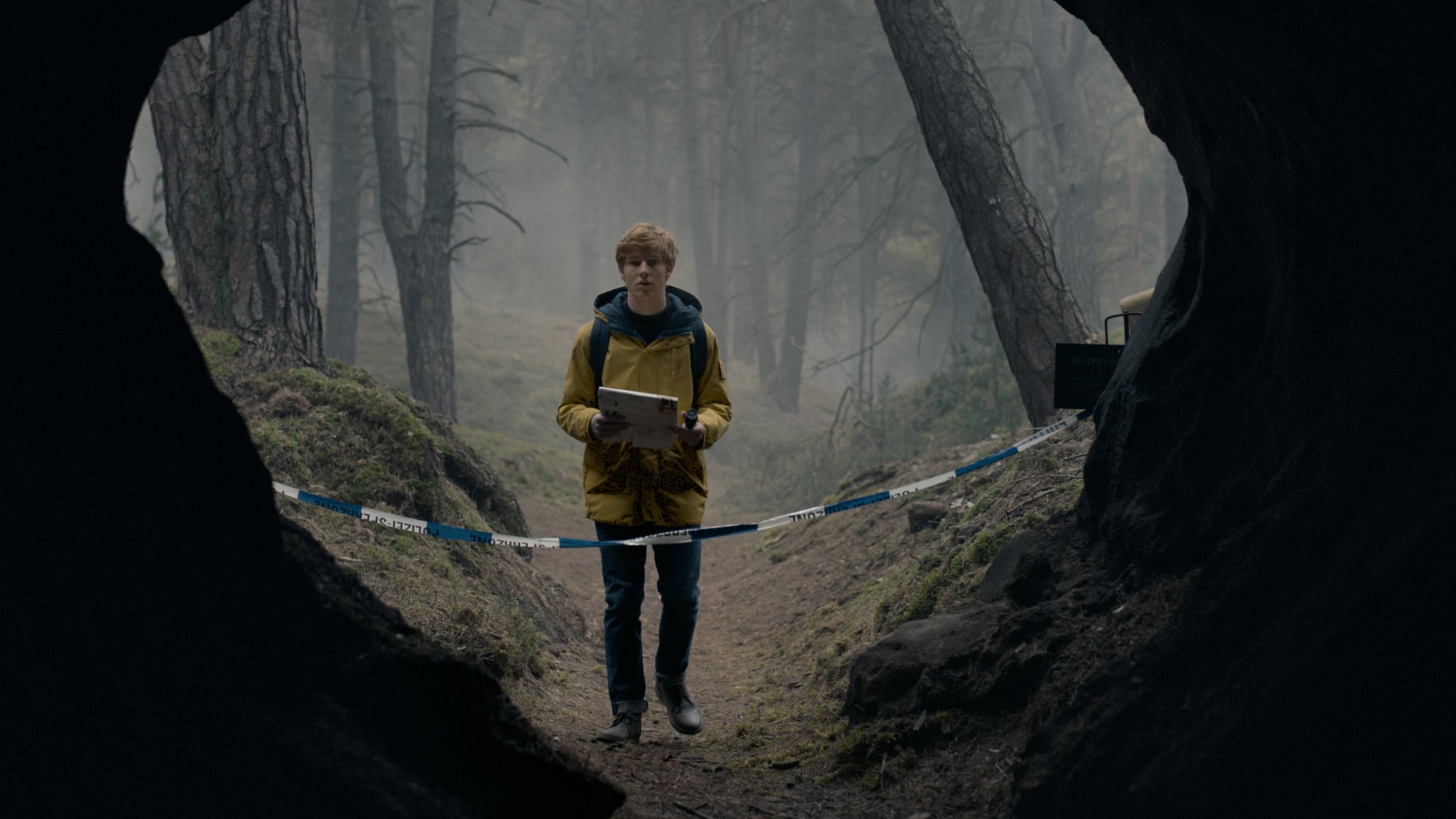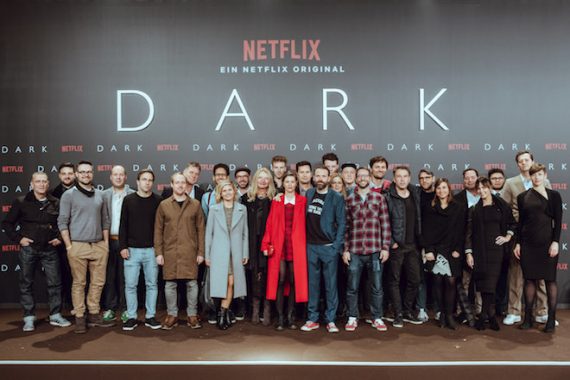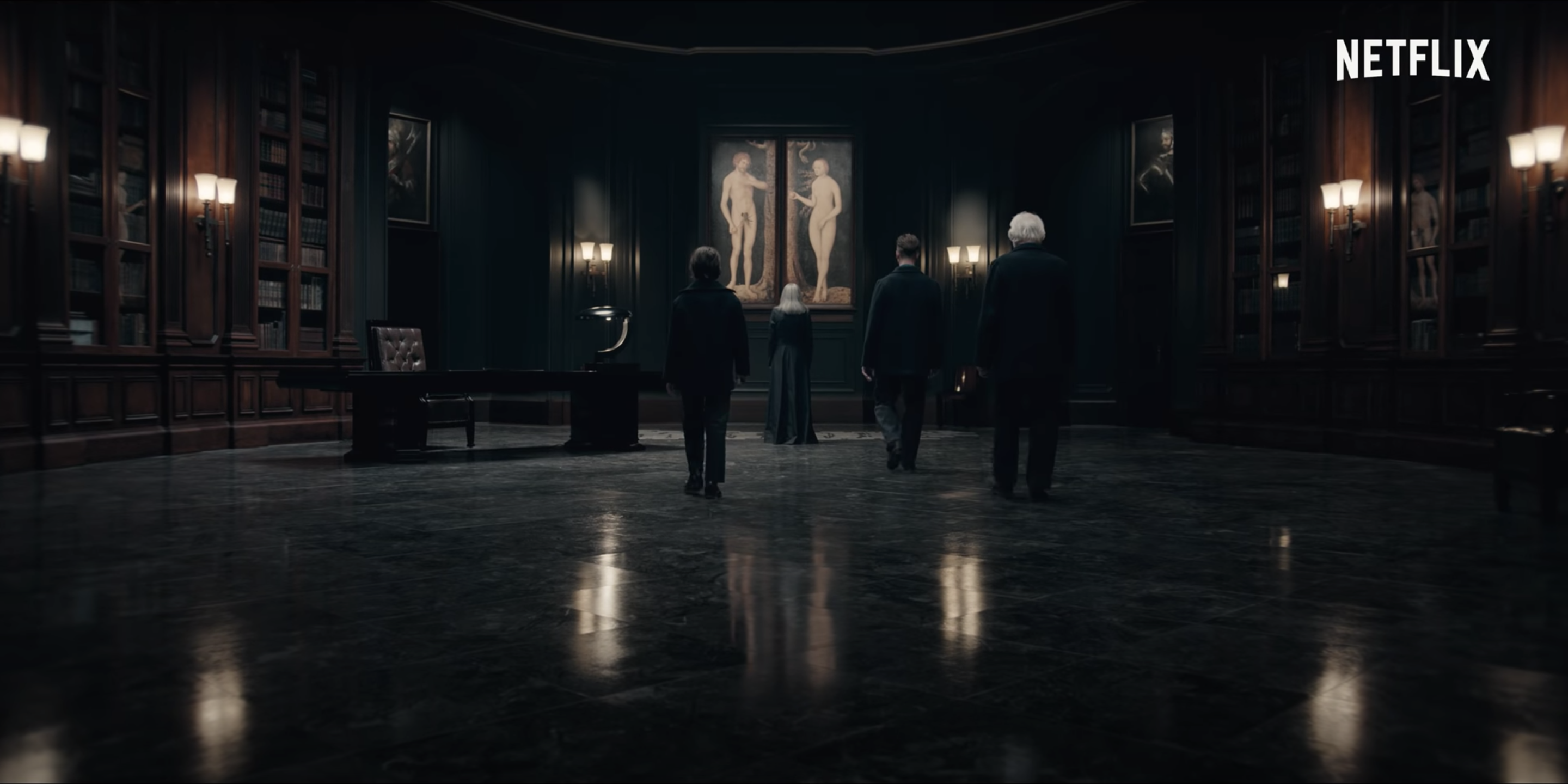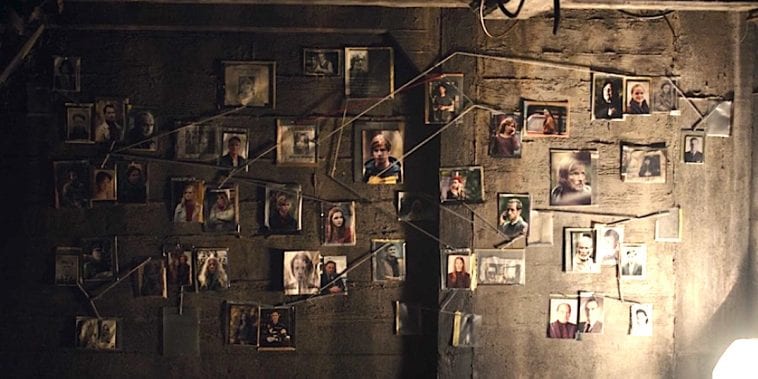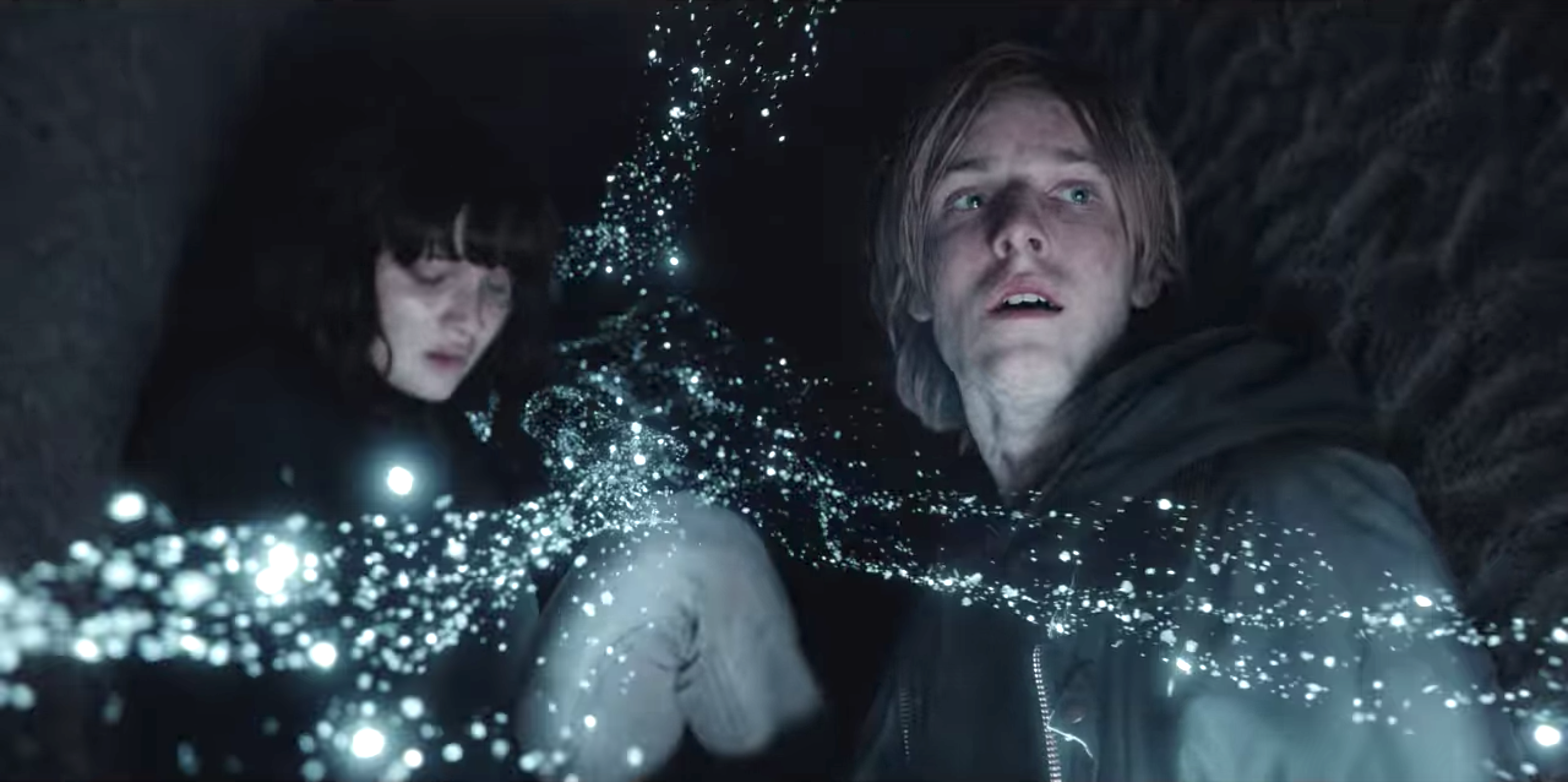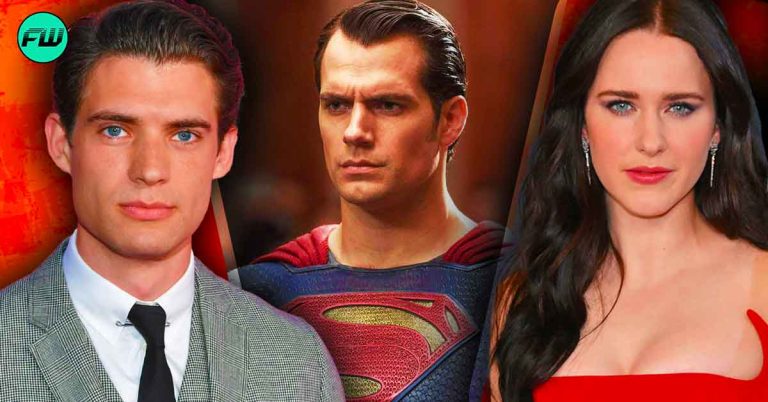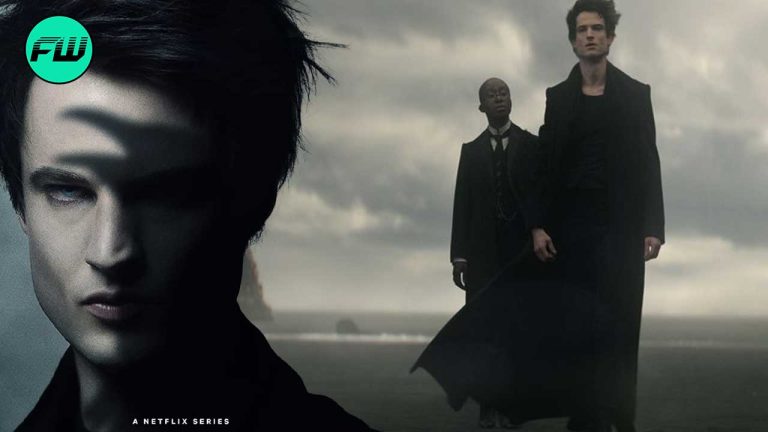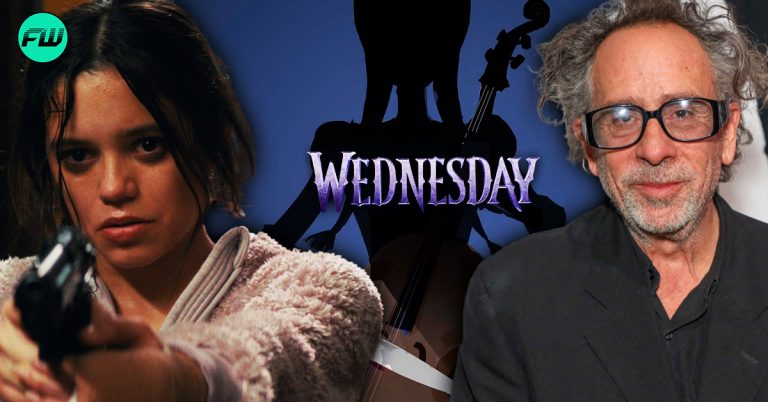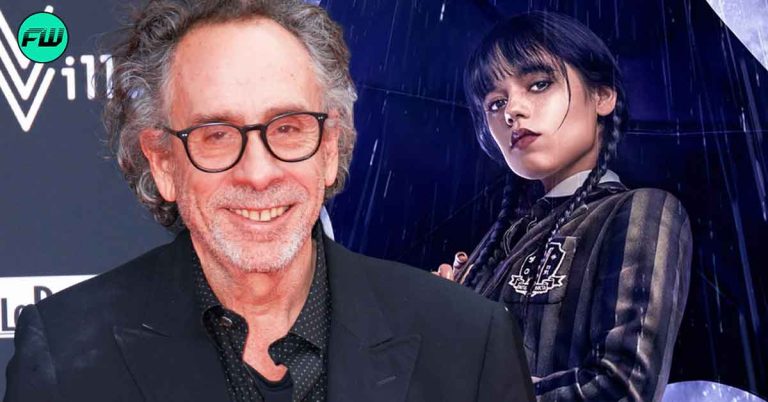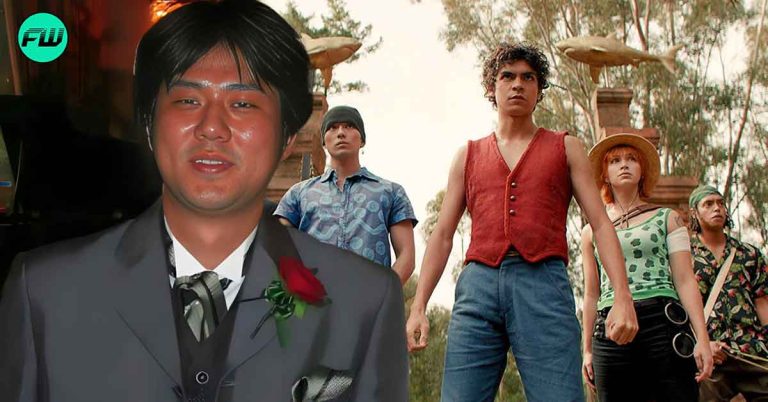Released back in 2017, Netflix’s Dark attained universal acclaim upon its release. Set in the fictional town of Winden, Germany, the show explores the ramifications of time travel on the intertwined families of the small town. The first German-language show to release on Netflix, Dark is written by Baran Bo Odar and Jantje Friese. A firmly tight plot, grim tone, and exceptional casting made Dark one of the most-watched TV shows on Netflix.
An enthralling first season, Dark starts off with a fairly graphic tone to warn the audience to not take it lightly. A complicated maze with a myriad of characters from different timelines, and even worlds, it is never easy to tackle time travel with such precision. But, Dark managed to do it and set an unattainable benchmark for future shows considering to meddle with time travel. Definitely not a dilettante’s work, Dark is truly mesmerizing from a nerdy time-travel perspective as well as striking visual direction. What really makes Dark truly legendary? Let’s find out.
An ominous TV show based out of Germany, Dark really had to give it all and some more to actually grab our attention. Without a single widely popular actor, it might have been a recipe for disaster. But on hindsight, this decision made b Baran Bo Odar and Jantje Friese was a smart move. As we delve deep into the series, we get to know why.
For a show this complex, giving out spoilers does not really matter much. As multiple characters travel across timelines, it does get infuriating at times to keep track of the events. Dark is a giant maze which sometimes feels torturous to tread, but at the end becomes extremely rewarding. A satisfaction one gets after solving a gigantic jig-saw puzzle but added with much emotional depth.
Dark is not the first-ever show to capture the essence of time travel. There have been a few good movies which have gained critical acclaim for their portrayal of time travel and its consequences. From Looper to Predestination, the concept of time travel have been handled with much care by skilled directors. But, Dark‘s ambition, attention to minute details, nailing the nerdy science stuff to perfection, emotional depth, and its war against time itself makes it the clear winner.
An existential horror at its core, Dark handles its numerous characters with a firm grip. After an enthralling first season, the second season becomes much more sinister as we get to know the motivations and desires of the characters who are travelling across time, and space too.
A good time-travel piece gets the science part right. But, a great time-travel piece focuses more on the heart rather than just mind. A love story set against the backdrop of a time-travelling war, Dark puts its focus on cryptic dialogues, selfish motivations, and the transcending nature of love which makes its ending hauntingly bittersweet.
When it comes to nailing the science part to leave no loopholes, Dark goes to painstaking levels to ensure that it doesn’t disappoint us. The Bootstrap Paradox is a major recurring theme in the series. As multiple characters try to get their hands on the time-machine, the original blueprints and the instruments keep finding themselves in different timelines with different characters. But with German precision, the paradox is put to rest in the final season with a major revelation.
Another interesting scientific concept introduced in the third season is Quantum Entanglement. Basically, it states that a pair of particles cannot be described independently without the other particle. How does this confusing theory play a significant role in Dark? In a stroke of genius, the creators of Dark decided to incorporate this concept to Jonas and Martha, the two lead characters of Dark. We did tell you, Dark is a love story, albeit quite a disturbing one. As the two characters are separated by timelines and worlds, they keep finding themselves which builds up to the mega revelation in the finale.
Another meticulous step Dark took to maintain its credibility is its usage of visual prowess to drop subtle hints so that the audience can keep up. From cryptic dialogues made in the first season becoming full-fledged stories in the final season to striking mirror images in a parallel world to maintain its original theory, Dark doesn’t leave a single stone unturned in its pursuit of perfection.
A nimble balance between cold scientific theories and raging hot emotions, Dark‘s usage of a huge number of characters pays off as it keeps unravelling their stories in the end. A show which keeps building up sinister characters shows the most important revelation as it tackles the concept of evil. Circumstantial in most cases, Dark does drop a life lesson to understand both sides of the story before drawing our conclusions.
With a heartbreaking finale, Dark wraps up its final season with such elegance which makes it comparable to shows like Breaking Bad and The Wire. As love becomes a central theme to this science-fiction drama, the profound effect of parents’ love for their children and their willingness to protect them gives the show the heart it needs to balance the science. Though the show gets increasingly dark, from matricide to filicide, the restlessness of the characters makes the show extremely gripping. But, all’s well that ends well.
To some viewers, Dark might seem too confusing at times. But, don’t give up on the show mid-way. The lucid final season brings everything into perspective as the showrunners keep dropping subtle hints throughout the journey. And, that is the definitive answer to an industry plagued with mediocre time travel heists.

